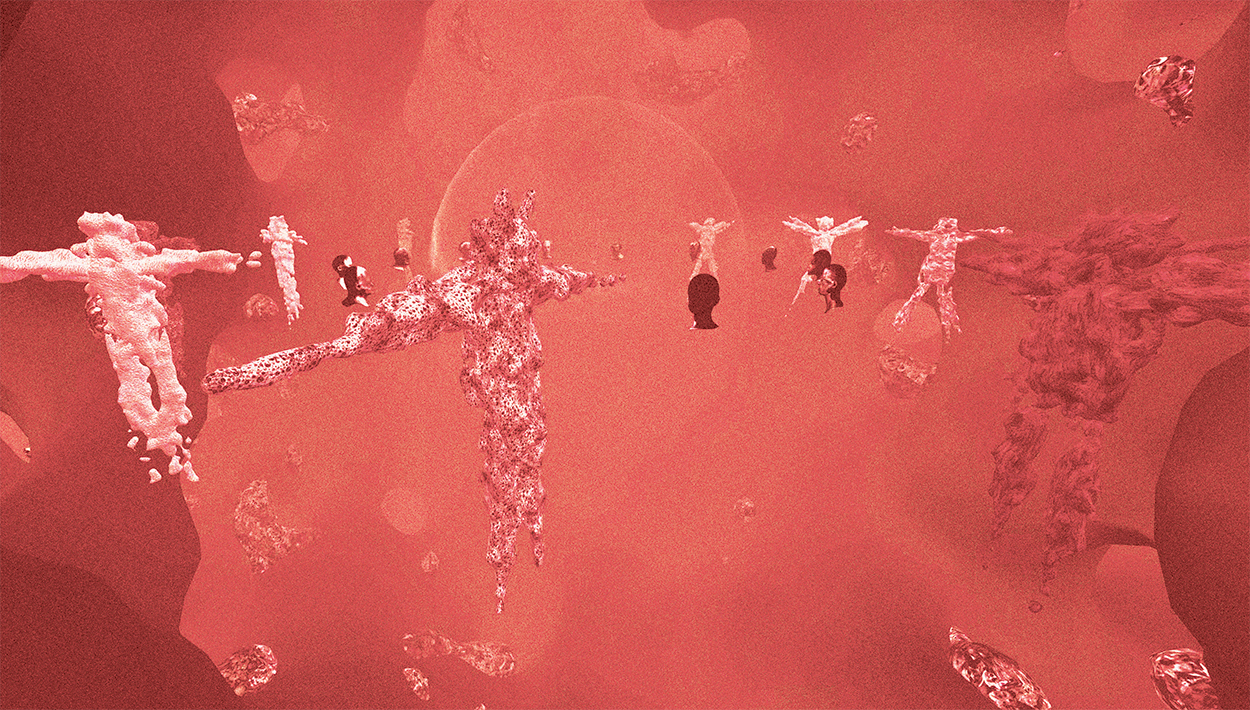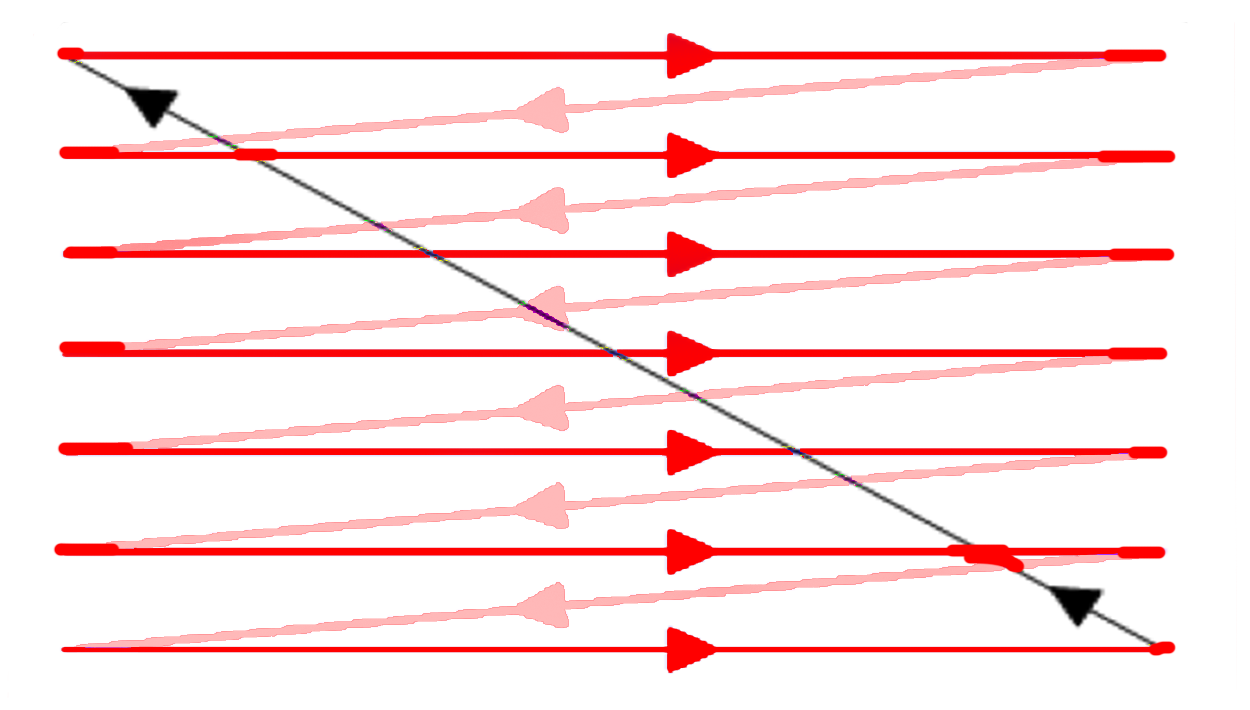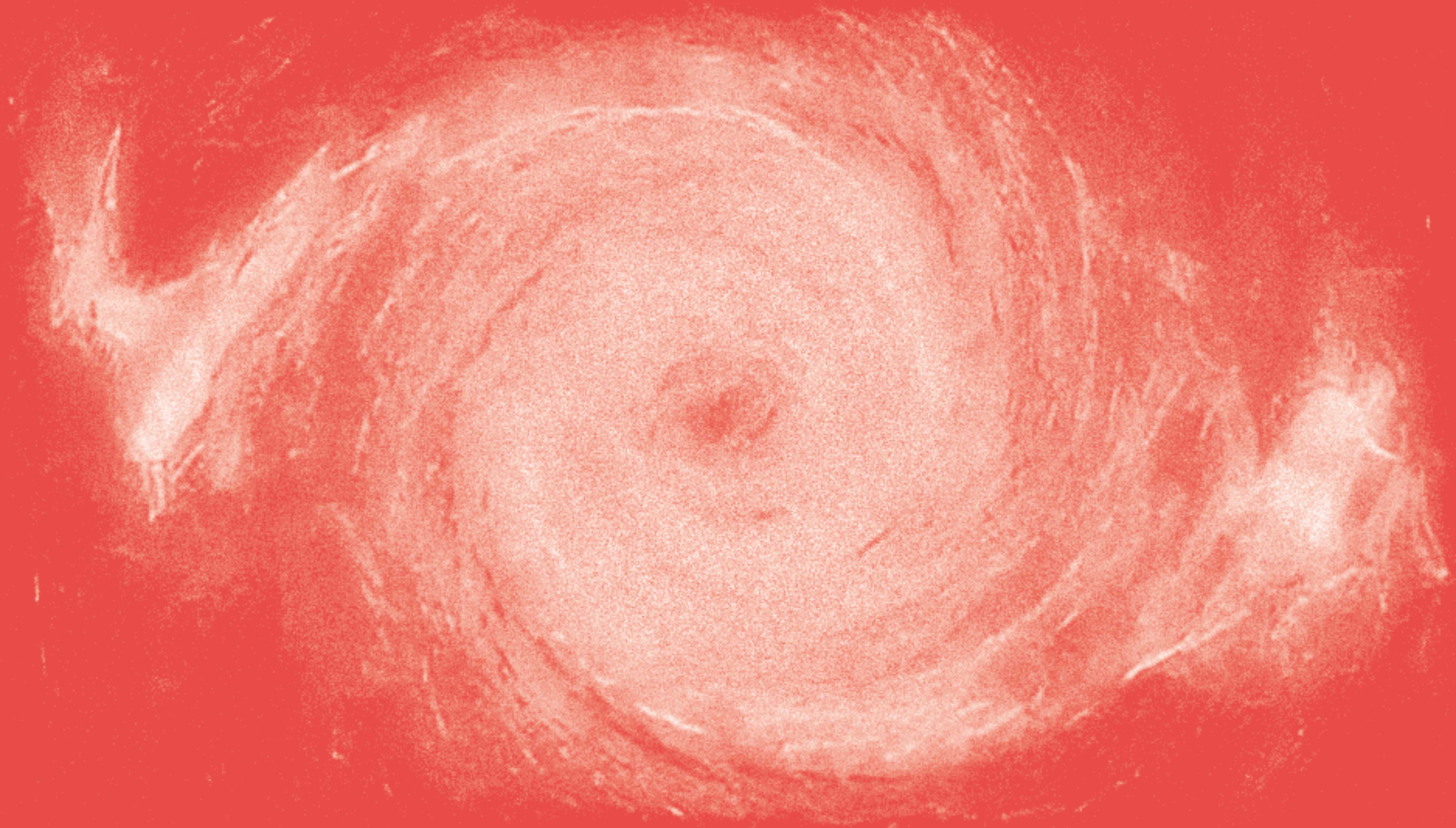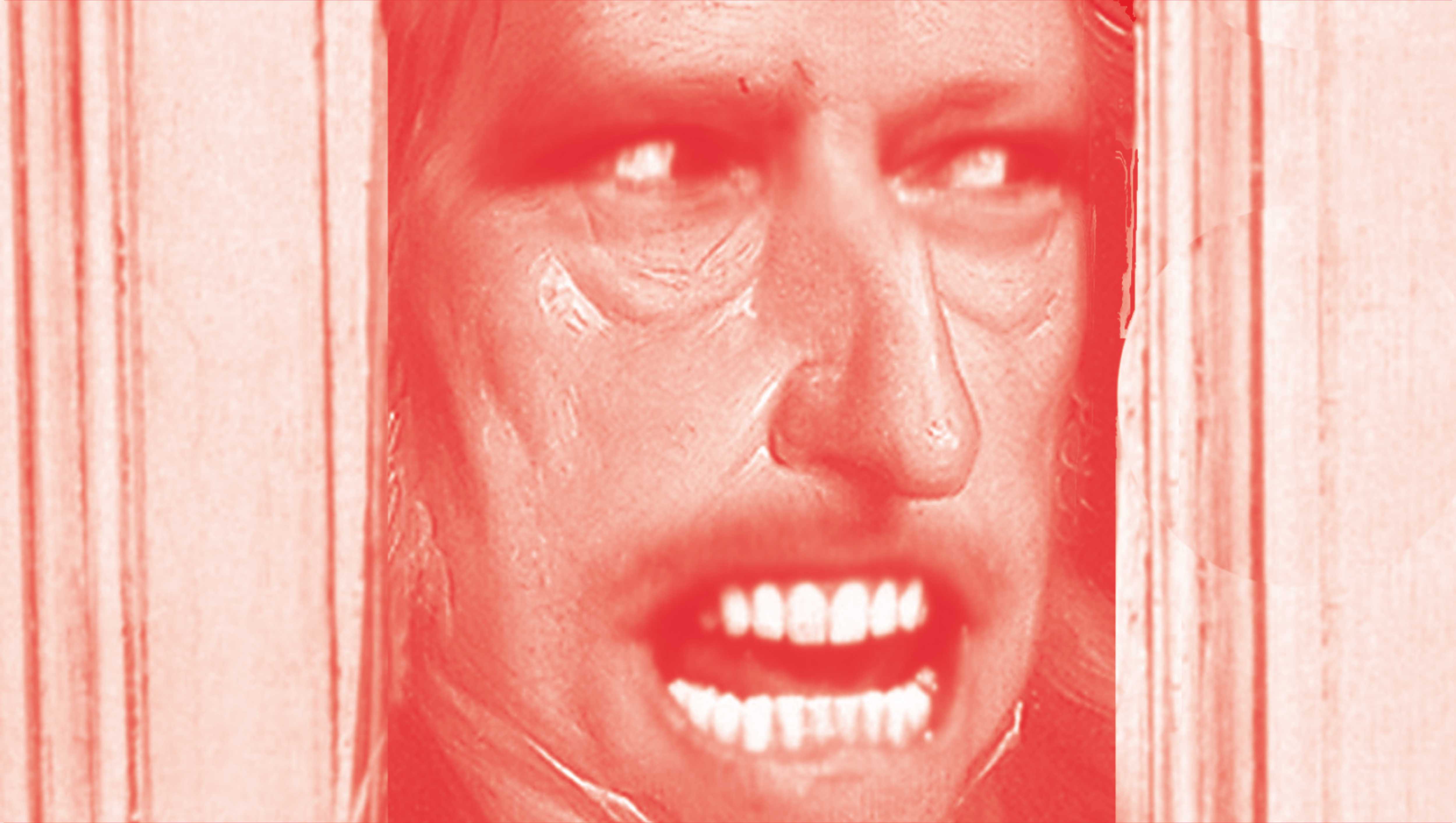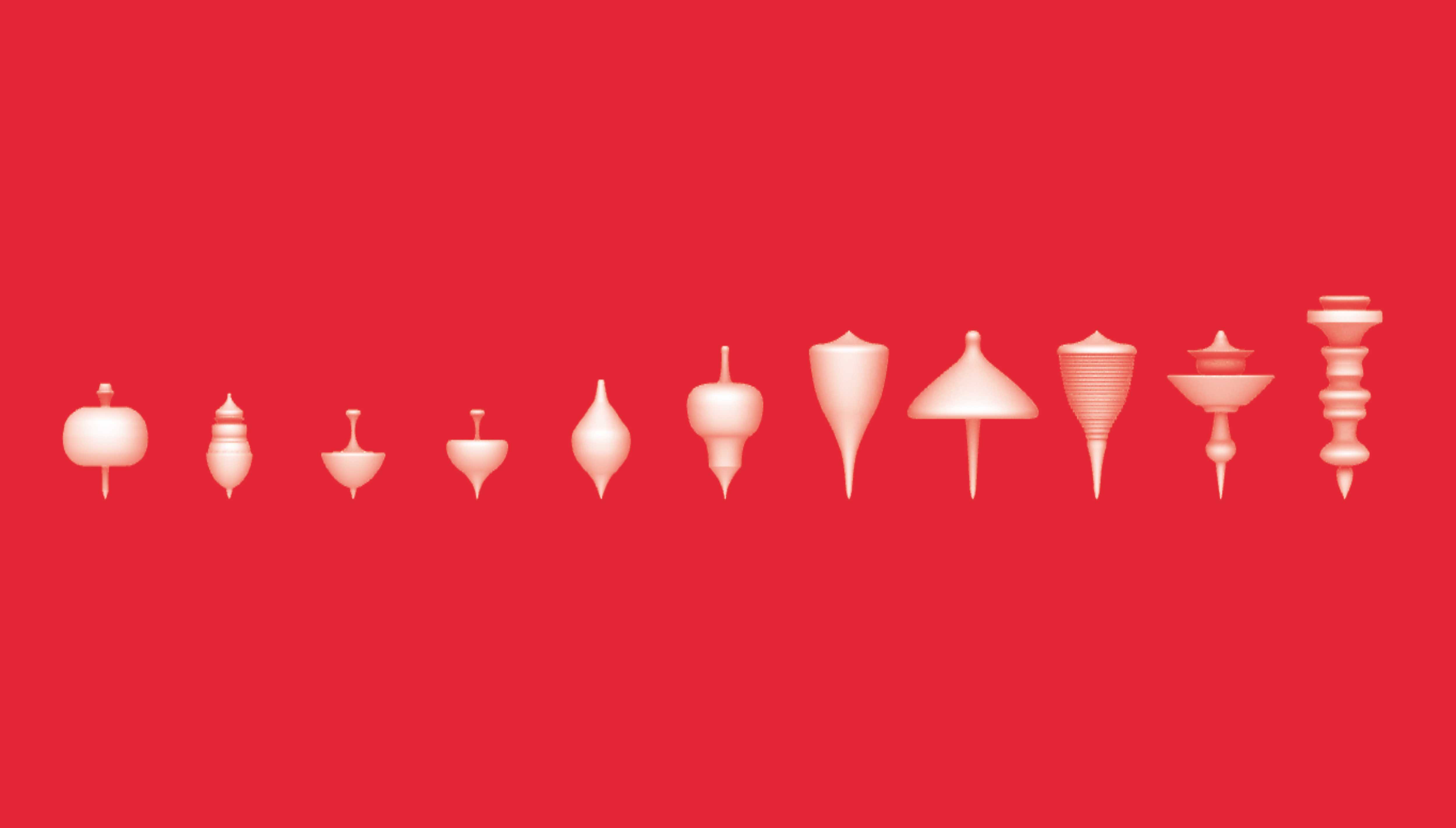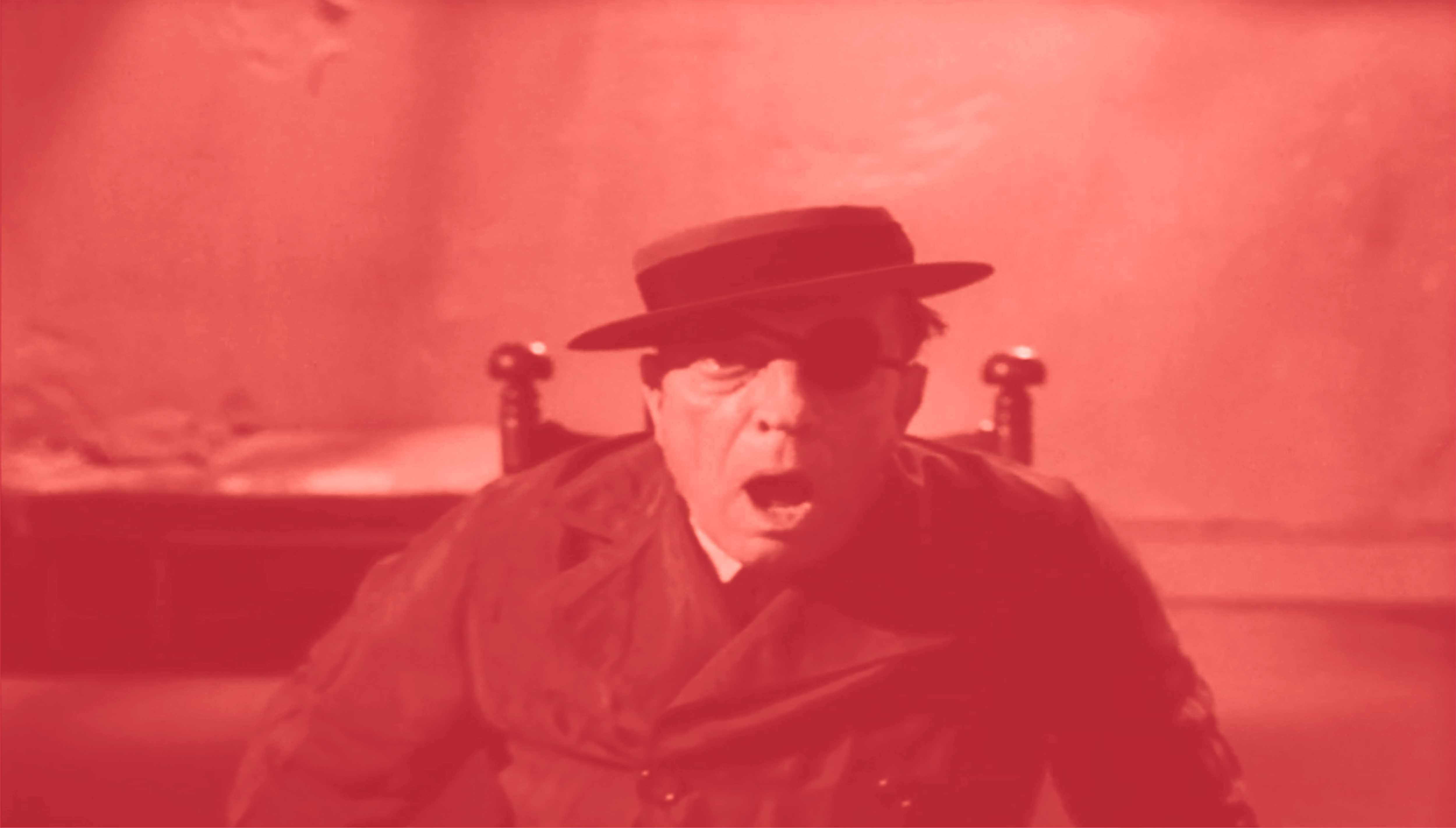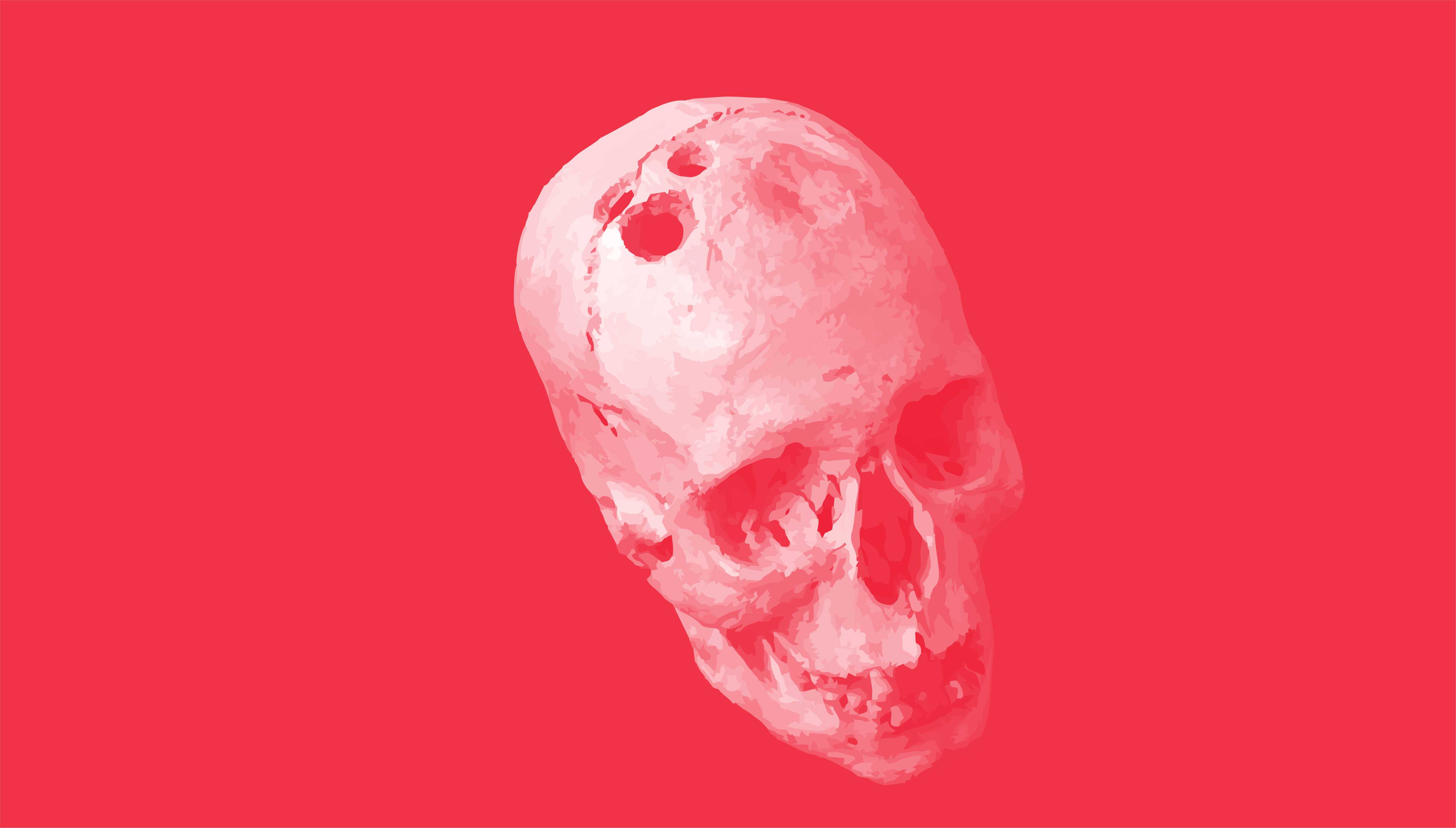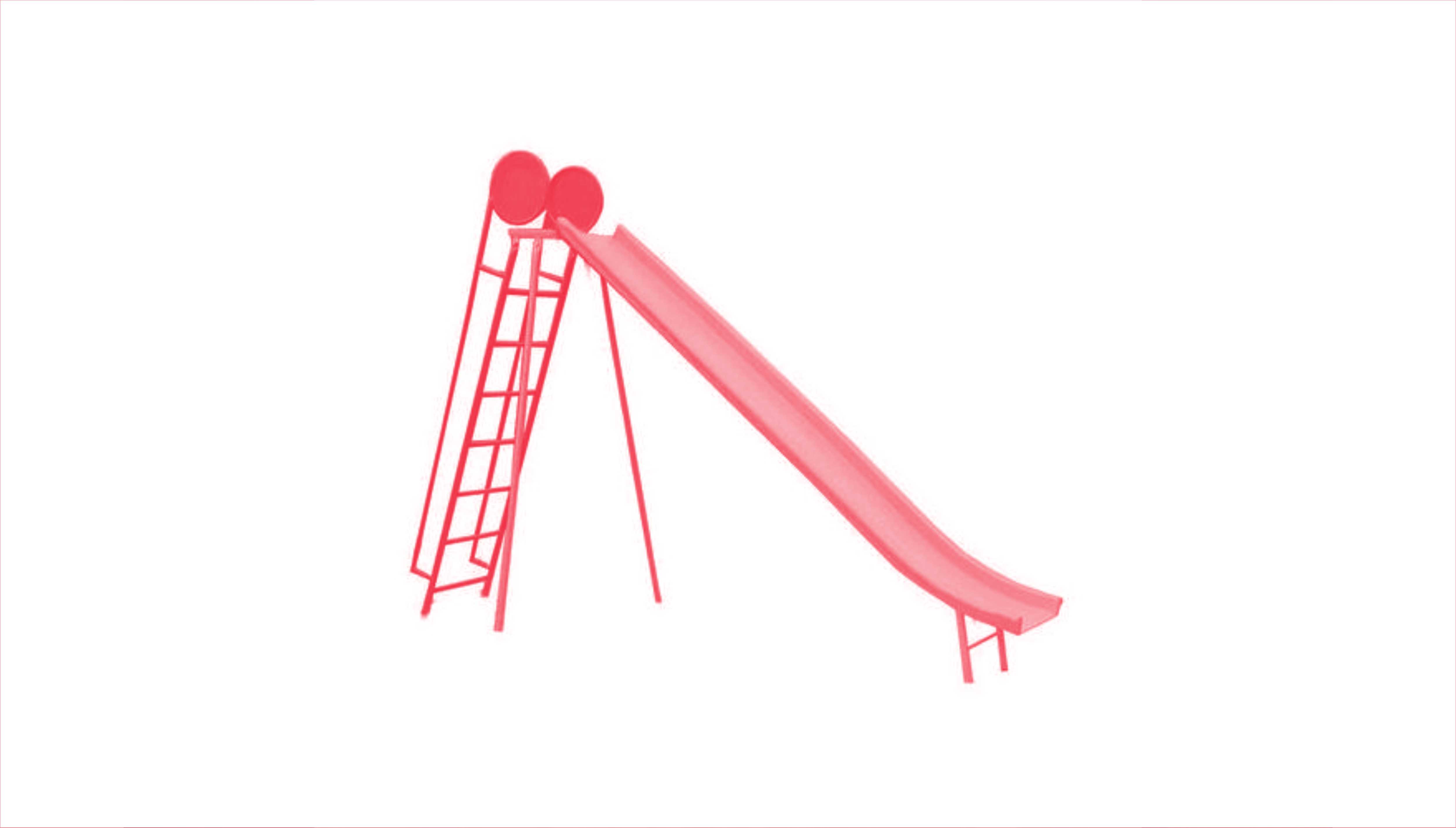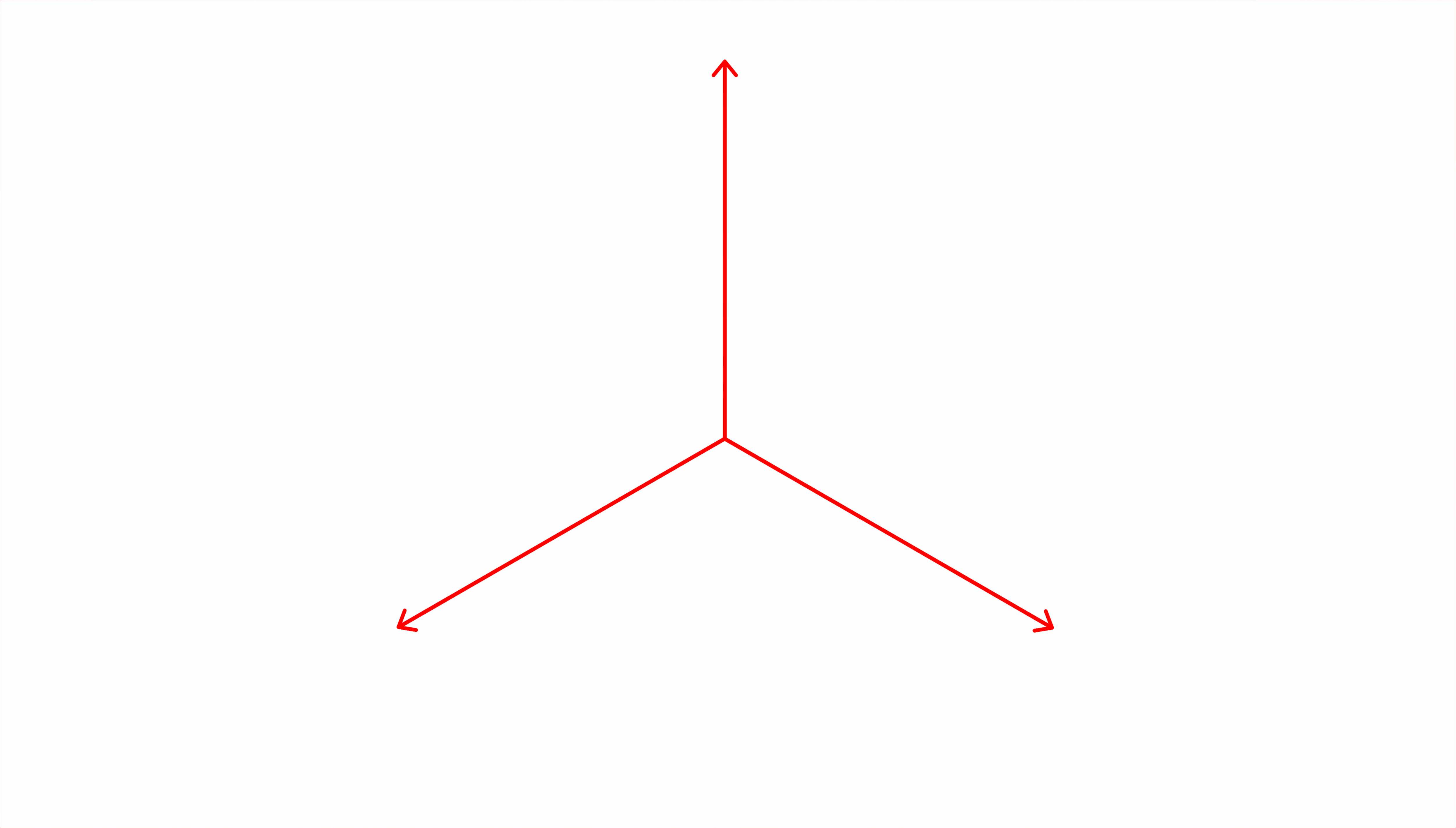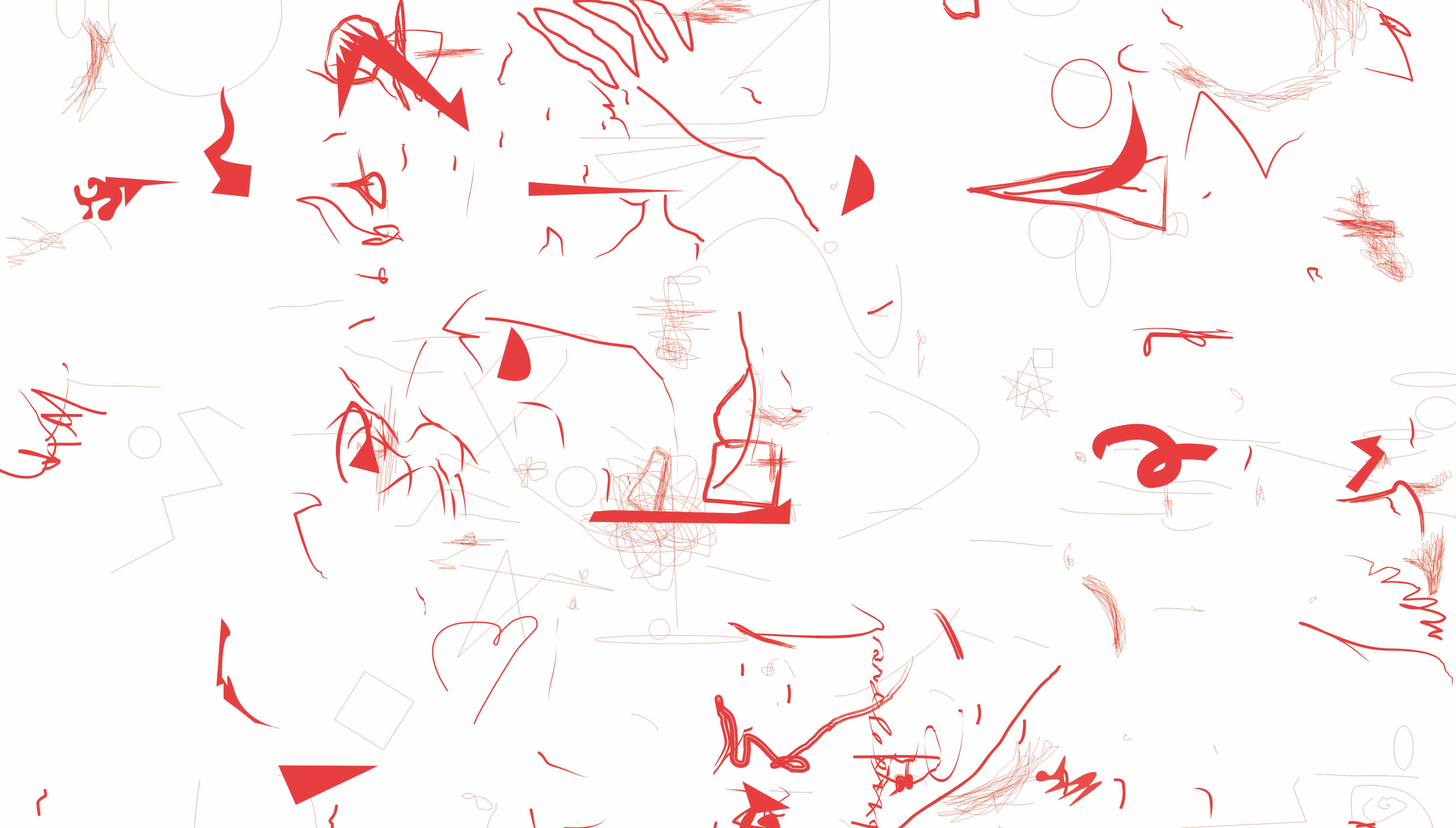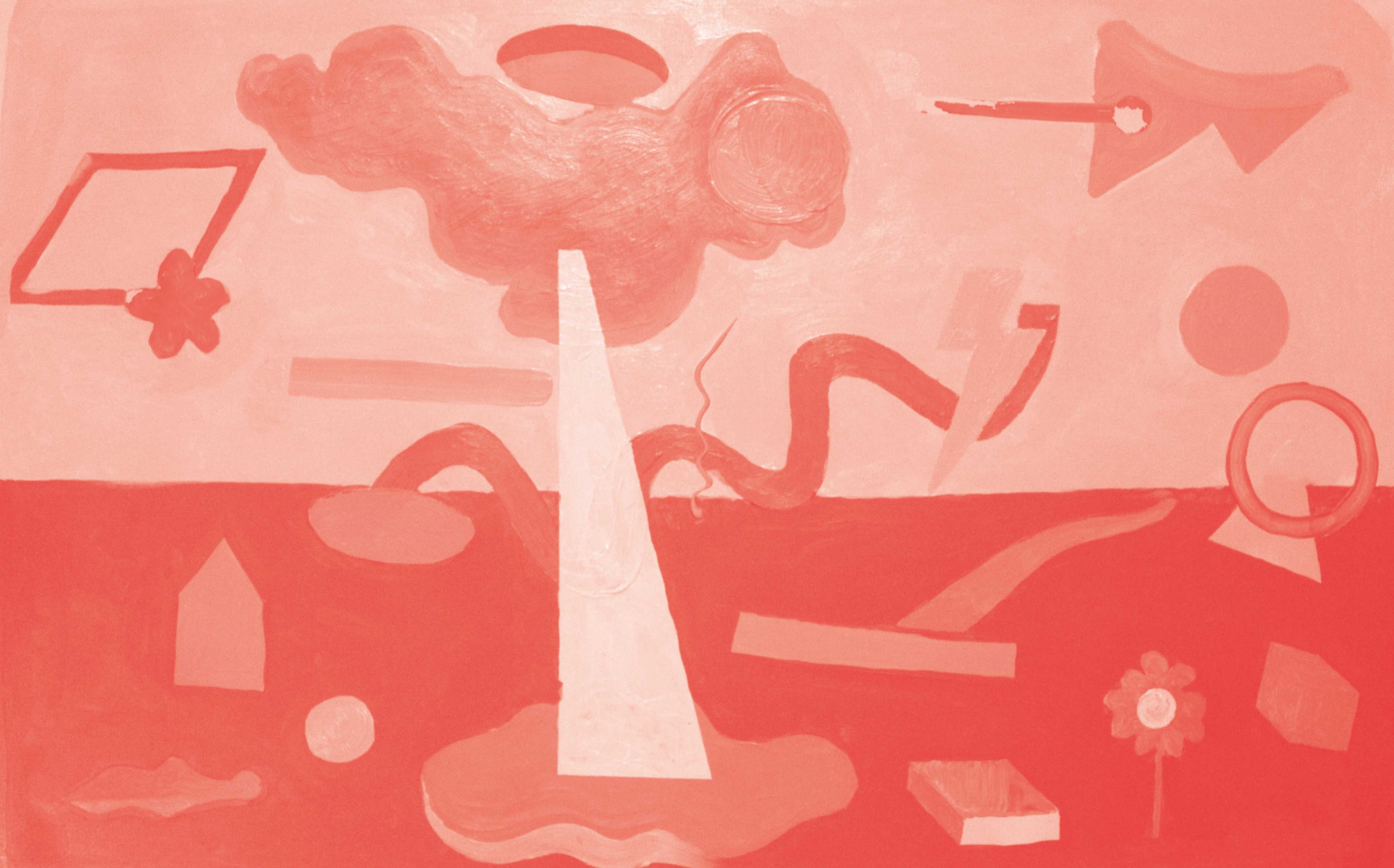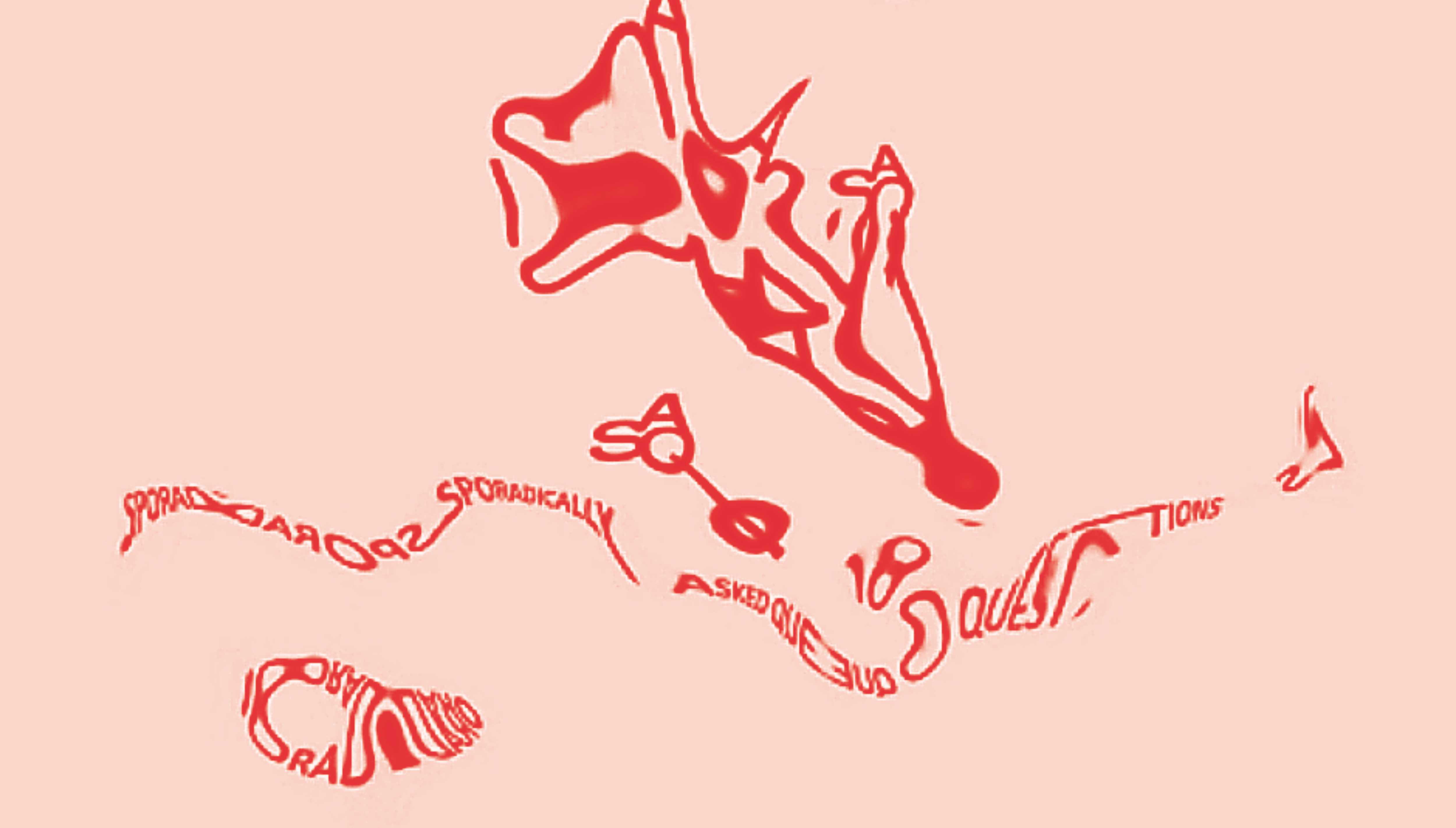The Spectre of Dialectics



A Spectre haunts the varied forms of discourses in the contemporary practice of everyday life, the Spectre of Dialectics.
Dialectics in the simplest of its senses is a dialogue between positions advocating different viewpoints towards a certain subject, wishing to establish the truth through reasoned arguments. In the modern context, it can be defined as a way of dealing with not just different points of view, but specifically views which are contradictory in relation to each other. The Dialectical method can then be understood as the practice of dealing with two contradictory ideas (a thesis and an antithesis) with the intention of arriving at a synthesis. Dialectics is a continuous process having undergone throughout history and still ongoing in the present; a process of constant identification of contradictions and dealing with them. The Dialectics is not only the witness but also the agent for the incessant changes in the society, and arguably it is the fundamental basis for the entire discourse that lies all around us, a foundation for literally everything.
Is Dialectics really that important? Or can we do without it? What other methods for reasoning or argumentation are available? Why not look at them? Also what exactly does it practically mean, the idea of Synthesis, and how does it actually work? Is it a sort of combination or unification, a resolution? But how? Can we ever get rid of contradictions? And why to look at contradictions only in the first place? Why emphasise them? Can one even refuse to identify a contradiction, Or to stop looking at everything as if it is? Contradiction is usually interchangeably used with the ideas such as binary opposition, duality, conflict, struggle, dichotomy, antagonisms, etc. What exactly is the difference between them? Also is it necessary to deal with everything through thought and reason? Won’t that be a very irrational thing to do?
We think of ourselves, our practices and our networks, in this globalised hyper-mediated world as an elusive multiplicity filled with horizons, obscurities, blind spots and ambiguities, where rational argumentation fails to keep up. Much of communication happens through affects, emotions, passion, intuition and even irrationality. There are intersections, overlaps, convergences, hybrids, or assemblages which scramble or subvert all forms of essentialism and identities. Often we find ourselves encompassed in a plural heterogeneous unity. One comprising many spectrums, which may not be segregated into camps, as remain stranded in the shades of grey where nothing is as simple as Black and White. A complex, temporal, dynamic open process which is continuously becoming and developing into something that cannot be very clearly defined, or explained, far from being categorically reduced into essential binaries and contradictions, which can be easily resolved.
One remains encapsulated into the ever unfolding complexities of the world. At times awestruck and mesmerised by it, not only embracing but romanticising it; Or at times being filled with lament or exasperation over the impotency induced by it. But at such moments of confrontation and reflection, despite the constant attempts at trying to divorce oneself from the dialectics, the dialectical method and thinking, and to move past them, the Dialectics still persistently returns. It appears and reappears persistently in the format of arguments, contradictions, conflicts, dichotomies and antagonisms which desperately beg for some sort of clarity, resolution or synthesis. It reminds us that it is not the Dialectics that has failed us, but it is us who fail to realise that all our debates, our vocabulary, our physiological and cognitive structure, our modes or practice and production, they are all till date completely soaked in the dialectic orthographic modes of thinking and operating, even though we seemingly find ourselves beyond them. Not only that, but also everything that is external to our own existence, such as nature, sciences, ecology, technology, information - it all operates on a fundamentally dialectical logic.
The idea is to explore and investigate into the presence and the influence of Dialectics, or the Dialectical method, in the contemporary discourse of Arts, Sciences, Architecture, Philosophy, Sociology, Psychology, Politics, and so on, the modes of its production and expression visible in its manifestation and operation. To ask why does the dialectic appear again and again. To confront it trying to understand and if possible figure out - what does it want from us?
** COMING SOON **
Dialectics in the simplest of its senses is a dialogue between positions advocating different viewpoints towards a certain subject, wishing to establish the truth through reasoned arguments. In the modern context, it can be defined as a way of dealing with not just different points of view, but specifically views which are contradictory in relation to each other. The Dialectical method can then be understood as the practice of dealing with two contradictory ideas (a thesis and an antithesis) with the intention of arriving at a synthesis. Dialectics is a continuous process having undergone throughout history and still ongoing in the present; a process of constant identification of contradictions and dealing with them. The Dialectics is not only the witness but also the agent for the incessant changes in the society, and arguably it is the fundamental basis for the entire discourse that lies all around us, a foundation for literally everything.
Is Dialectics really that important? Or can we do without it? What other methods for reasoning or argumentation are available? Why not look at them? Also what exactly does it practically mean, the idea of Synthesis, and how does it actually work? Is it a sort of combination or unification, a resolution? But how? Can we ever get rid of contradictions? And why to look at contradictions only in the first place? Why emphasise them? Can one even refuse to identify a contradiction, Or to stop looking at everything as if it is? Contradiction is usually interchangeably used with the ideas such as binary opposition, duality, conflict, struggle, dichotomy, antagonisms, etc. What exactly is the difference between them? Also is it necessary to deal with everything through thought and reason? Won’t that be a very irrational thing to do?
We think of ourselves, our practices and our networks, in this globalised hyper-mediated world as an elusive multiplicity filled with horizons, obscurities, blind spots and ambiguities, where rational argumentation fails to keep up. Much of communication happens through affects, emotions, passion, intuition and even irrationality. There are intersections, overlaps, convergences, hybrids, or assemblages which scramble or subvert all forms of essentialism and identities. Often we find ourselves encompassed in a plural heterogeneous unity. One comprising many spectrums, which may not be segregated into camps, as remain stranded in the shades of grey where nothing is as simple as Black and White. A complex, temporal, dynamic open process which is continuously becoming and developing into something that cannot be very clearly defined, or explained, far from being categorically reduced into essential binaries and contradictions, which can be easily resolved.
One remains encapsulated into the ever unfolding complexities of the world. At times awestruck and mesmerised by it, not only embracing but romanticising it; Or at times being filled with lament or exasperation over the impotency induced by it. But at such moments of confrontation and reflection, despite the constant attempts at trying to divorce oneself from the dialectics, the dialectical method and thinking, and to move past them, the Dialectics still persistently returns. It appears and reappears persistently in the format of arguments, contradictions, conflicts, dichotomies and antagonisms which desperately beg for some sort of clarity, resolution or synthesis. It reminds us that it is not the Dialectics that has failed us, but it is us who fail to realise that all our debates, our vocabulary, our physiological and cognitive structure, our modes or practice and production, they are all till date completely soaked in the dialectic orthographic modes of thinking and operating, even though we seemingly find ourselves beyond them. Not only that, but also everything that is external to our own existence, such as nature, sciences, ecology, technology, information - it all operates on a fundamentally dialectical logic.
The idea is to explore and investigate into the presence and the influence of Dialectics, or the Dialectical method, in the contemporary discourse of Arts, Sciences, Architecture, Philosophy, Sociology, Psychology, Politics, and so on, the modes of its production and expression visible in its manifestation and operation. To ask why does the dialectic appear again and again. To confront it trying to understand and if possible figure out - what does it want from us?
** COMING SOON **

